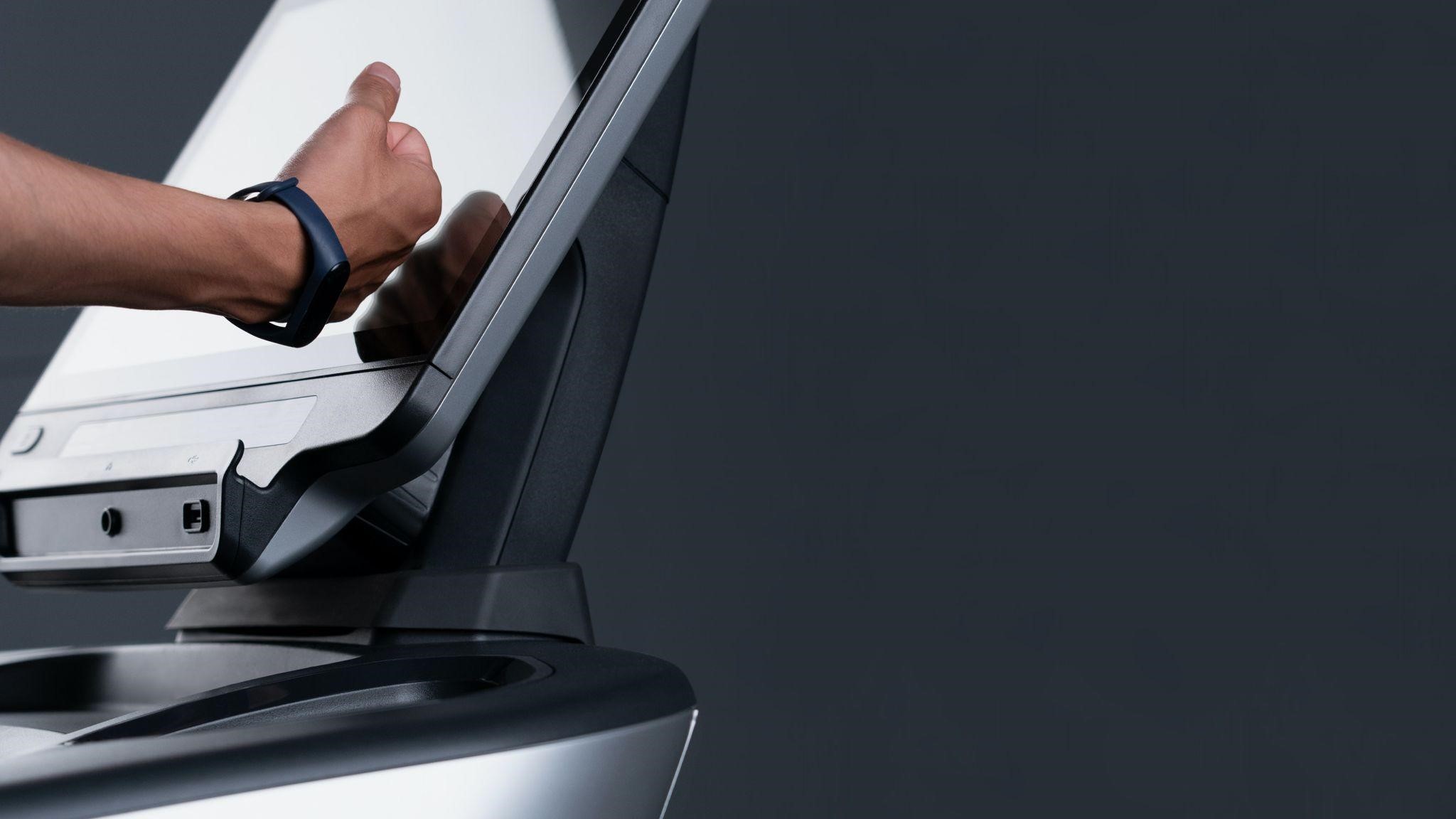RFID technology, or radio-frequency identification technology, is a method of identifying and tracking objects using radio waves. RFID technology uses a tag, which contains a microchip and an antenna, and a reader, which emits radio waves and receives signals from the tag. The tag responds to the reader’s signal by sending information to identify the object.
The technology has been used for quite a while, and you might have noticed it in shopping centres attached to products. This is only one of the applications that this technology has, in this article, we will look at all the different ways the technology is used effectively.
Uses of RFID Technology
This technology can be used in many applications, from inventory management and vending machines for tools to access control or healthcare. If there are objects you need to identify or keep track of, this technology works well for those purposes.
Inventory Management
One of the most common uses of RFID technology is inventory management. RFID tags can be attached to items in a store or warehouse, allowing inventory levels to be tracked in real-time. This can help businesses quickly identify when to reorder specific products, ensuring that businesses always have stock ready.
Asset Management
Another area where RFID technology is used effectively is asset tracking. RFID tags can be attached to equipment or other valuable assets, allowing their location and usage to be tracked. This can help businesses to keep better track of their assets, reducing the risk of loss or theft.
The technology can also be used to automate the process of checking out and returning assets, reducing labour costs because it’s pretty time-consuming to track the checking out and returning of assets. This will result in saving businesses time and money.
Access Control Systems
RFID technology is also commonly used in access control systems. RFID cards or tags can be used to grant or restrict access to certain areas, such as a building or a secure room. This can help businesses to keep their facilities more secure and to track who has been in certain areas at any given time.
Healthcare Applications
In healthcare, RFID technology is used to track patients and medical equipment, ensure proper medication administration, and improve patient safety. RFID technology can also be used to track surgical instruments, reducing the risk of infection and improving the overall efficiency of the surgical process.
Advantages of RFID Technology
There are many advantages to using RFID technology. One of the biggest benefits is increased efficiency. RFID technology can automate many tasks that would otherwise need to be done manually. This can help businesses to save time and money. RFID technology also can improve accuracy by reducing the risk of human error.
Another advantage of RFID technology is that it allows for real-time tracking. Businesses can quickly identify when they need to reorder products or where certain assets are located. This can help them to make better decisions and to respond more quickly to changing conditions.
Challenges and Limitations
However, there are also some potential challenges and limitations of RFID technology. One of the biggest challenges is the cost of implementation. RFID tags, readers, and other equipment can be expensive, and businesses need to weigh the costs against the potential benefits carefully.
Additionally, there are privacy and security concerns with RFID technology. RFID tags can potentially be read by anyone with the right equipment, so businesses need to ensure that they are using the technology securely. Interference from other RFID systems can also be a problem, leading to incorrect readings or system failure.
Overall Verdict
In conclusion, RFID technology is a powerful tool that can be used in many applications, from inventory management to access control. It offers many advantages, including increased efficiency, improved accuracy, and real-time tracking.
However, there are also potential challenges and limitations of RFID technology, such as the cost of implementation, privacy and security concerns, and interference from other RFID systems. Businesses should carefully consider these factors when deciding whether to implement RFID technology and how to use it effectively.
As the technology continues to develop, we can expect to see even more applications and uses of RFID technology in the future.
